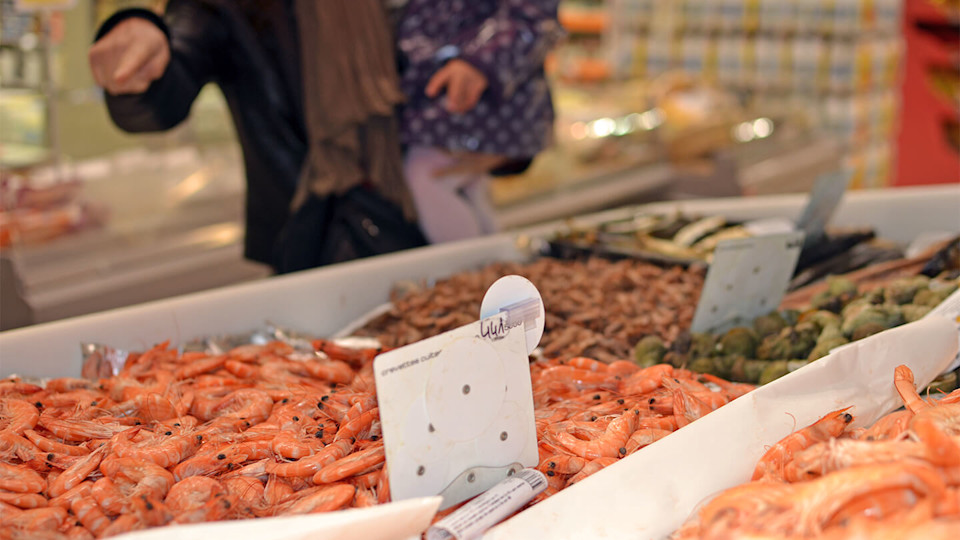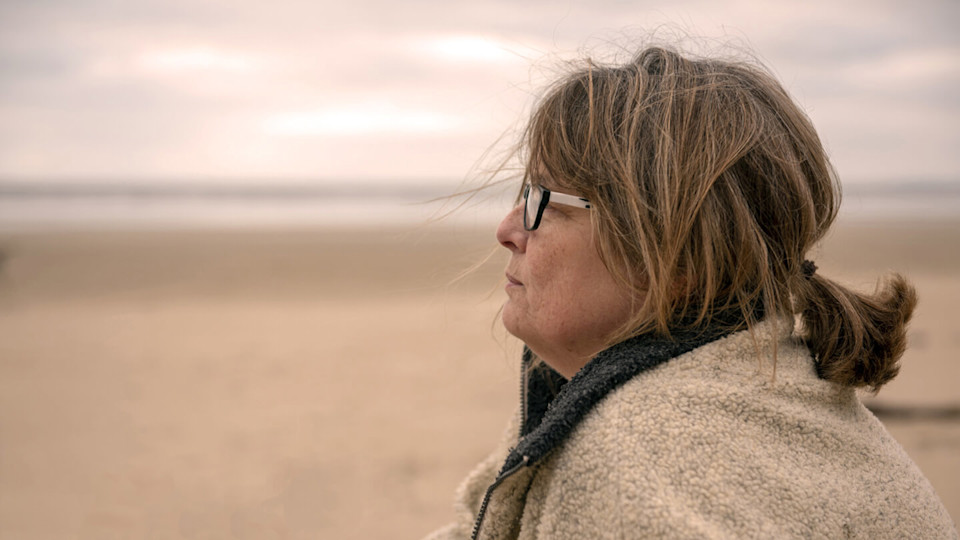Have you suffered from food poisoning or a food allergy reaction in the UK and think that a food or drink retailer or producer was to blame? Slater and Gordon are leading food poisoning claim solicitors, offering a No Win No Fee service to the majority of our clients.

Personal injury
Commercial prawns and the risk of E.coli
A study has revealed that 60% of 342 tested samples of frozen shrimp contained traces of potentially harmful bacteria, including Salmonella, Vibiro, and E. coli.
What the data says
The Consumer Reports study, ‘How Safe is Your Shrimp?’ tested 284 raw and 58 pre-cooked shrimp samples, purchased from 27 cities across America. Results of the tests revealed that 16% of ready-to-eat shrimp contained Vibrio and E. coli, with traces of antibiotics found in 11 raw samples and MRSA, antibiotic-resistant bacteria, was detected in 7 raw shrimp samples. The study revealed that 94% of shrimp available in the United States are farmed in Asian countries.
The UK
But what about the UK? A large proportion of shrimp – or prawns - sold in the UK come from Thailand, Indonesia, Vietnam and India. Prawns are grown in large industrial tanks or man-made ponds, often with 150 shrimp per square metre.
If you've not been put off your prawn cocktail yet, the report reveals that the crowded and polluted conditions typical of shrimp farms and tanks means that shrimp are treated with antibiotics to counterbalance infection from bacteria. Currently, there are no organic standards for farm-raised or wild shrimp. Though many of the bacteria carried in raw shrimp would be killed when the prawns are cooked, many food-borne infections are spread during the handling and preparation of food.
E. coli can cause serious, lasting effects. 5% of patients suffering E. coli poisoning develop Hemolytic Uremic syndrome (HUS), a condition that results from the abnormal premature destruction of red blood cells, preventing the kidneys’ filtering system.
It is a farm’s responsibility to manage the cleanliness of their produce, and the supermarket’s responsibility in stocking quality food that their customers may purchase without fearing they'll suffer E. coli poisoning. But
What can you do as a consumer to avoid cooking with infected prawns?
Experts suggest purchasing wild prawns instead of the farm-raised variety. If you’re uncertain which are which, farm-raised shrimp tend to be identical in shape and size, and often don’t have the dark vein of faeces along their spine due to the farmers not feeding the shrimp before harvesting. Wild shrimp are varied in shape, size and colour, and will have the ‘vein’ along their spines.
Care and consideration of hygiene during food preparation is essential in avoiding food poisoning and ensuring fresh food is stored appropriately and use-by-dates are consulted before consumption. As consumers, there are other options, such as cold-water prawns from the North Atlantic, which account for one-third of the UK's prawns or Dublin Bay prawns from the Irish Sea. But for now, you may consider avoiding warm-water prawns entirely.
How we can help
Slater and Gordon have won compensation for many people who suffered from food poisoning in the UK and abroad caused by Salmonella, Listeria, Campylobacter, Hepatitis A virus and E. Coli. For a free consultation call our No Win, No Fee Solicitors on freephone 0330 041 5869 or contact us online to start your claim.
All information was correct at the time of publication.

